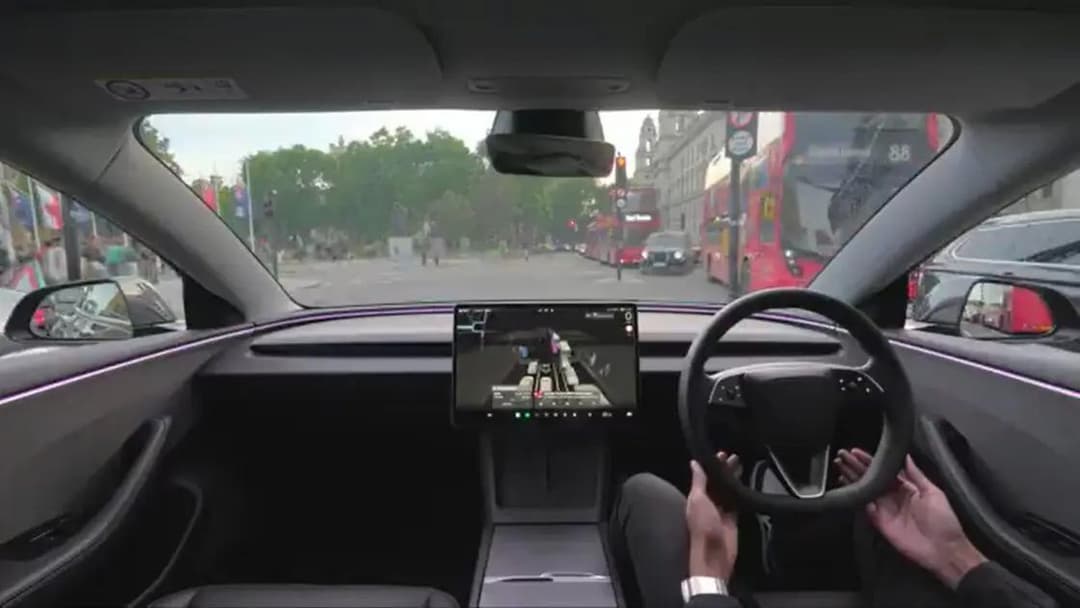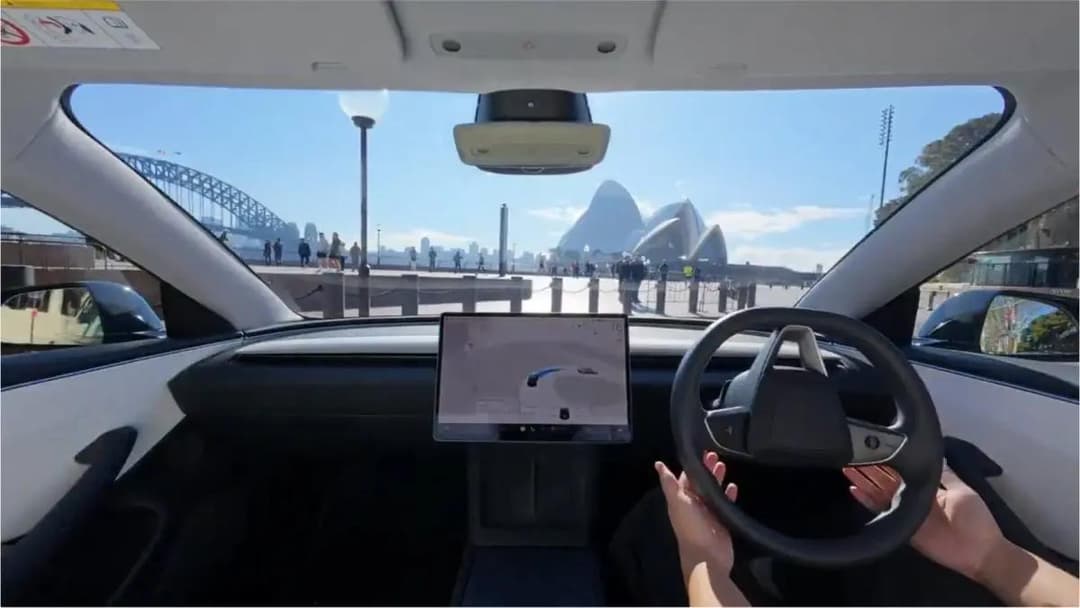
Key Points
- Driverless cars could debut by 2032, with Brisbane Olympics a possible showcase.
- Australia’s cautious regulatory approach contrasts with rushed overseas rollouts.
- Uber and Tesla both active, with Uber trialling driverless rides abroad and Tesla launching FSD locally.
- Public use may start in 2026, when regulations for small fleets are expected.
- Drivers remain accountable under current laws, even when advanced systems are in control.
Autonomous cars without human drivers could be operating in Australia within the next decade, with the 2032 Brisbane Olympic Games flagged as a potential showcase for the technology. Industry leaders and regulators shared the outlook at the National Future Transport Summit in Brisbane, highlighting both opportunities and challenges.
▶️MORE: Tesla Expands FSD Testing on Australian Roads with Sydney Demo
A Roadmap for Regulation
Speakers at the summit stressed that strong national rules must underpin the introduction of autonomous vehicles. Unlike other countries that rushed deployment, Australia is taking a measured approach to regulation.
Uber’s global head of autonomous policy, Richard Willder, said Australia’s methodical strategy positioned it well for safe adoption. He pointed out that rushed overseas rollouts forced governments to constantly adjust laws after deployment.
The National Transport Commission has already consulted on a regulatory framework, with laws set to accommodate small numbers of autonomous vehicles as early as 2026. Queensland transport officials said preparations were aligned with Brisbane’s Olympic planning.
▶️MORE: These Are Australia’s Best-Selling EVs in First 6 Months of 2025

Tech Giants Testing the Waters
The summit coincided with Tesla’s launch of Full Self-Driving (FSD) Supervised software in Australia. The system can navigate roads with minimal input, but requires drivers to remain alert and ready to intervene at any moment.
Meanwhile, Uber has shifted from developing its own autonomous tech to partnering with global firms. Driverless ride services are already operating in Abu Dhabi and US states including Arizona, California, and Texas.
Both companies see long-term potential. Willder argued autonomous cars could deliver safer, cheaper, and more efficient transport, reducing road accidents caused by human error.
▶️MORE: EVs and PHEVs Break New Sales Record in …
The Human Factor
Despite progress, experts caution against assuming driverless systems eliminate responsibility. The NRMA reminded Australians that even with Tesla’s latest technology, drivers remain legally accountable for vehicle behavior.
Safety, reliability in poor weather, and cost remain unresolved issues. Regulators emphasized that while the technology will evolve, the readiness of legal frameworks will dictate how quickly autonomous vehicles scale on Australian roads.
▶️MORE: Tesla Completes World-First Fully Autonomous …

Timeline of Autonomous Vehicle Milestones in Australia
| Year | Milestone |
| 2024 | Public consultation on AV regulation conducted by National Transport Commission |
| 2026 | Laws expected to support “small numbers” of automated vehicles |
| 2025 | Tesla FSD Supervised rolled out in Australia & NZ |
| 2032 | Target: Autonomous cars potentially in use during Brisbane Olympic Games |
Stay up to date with the latest EV news
- Get the latest news and update
- New EV model releases
- Get money savings-deal
